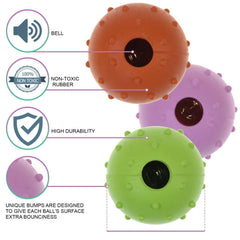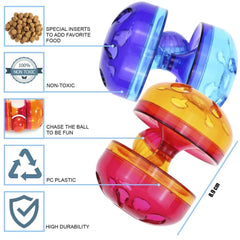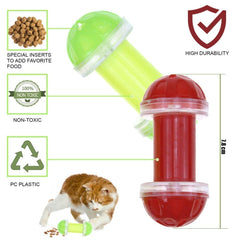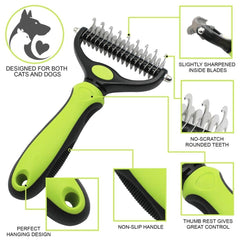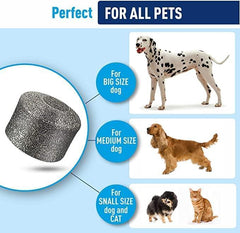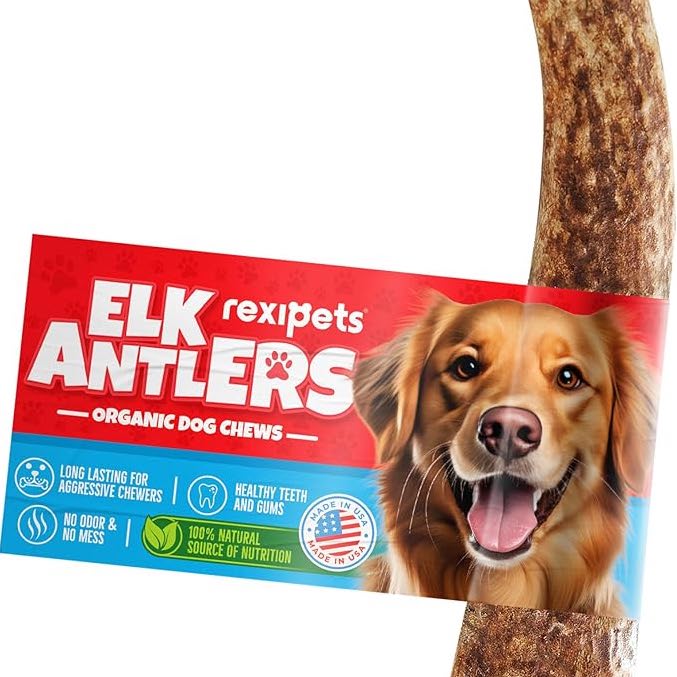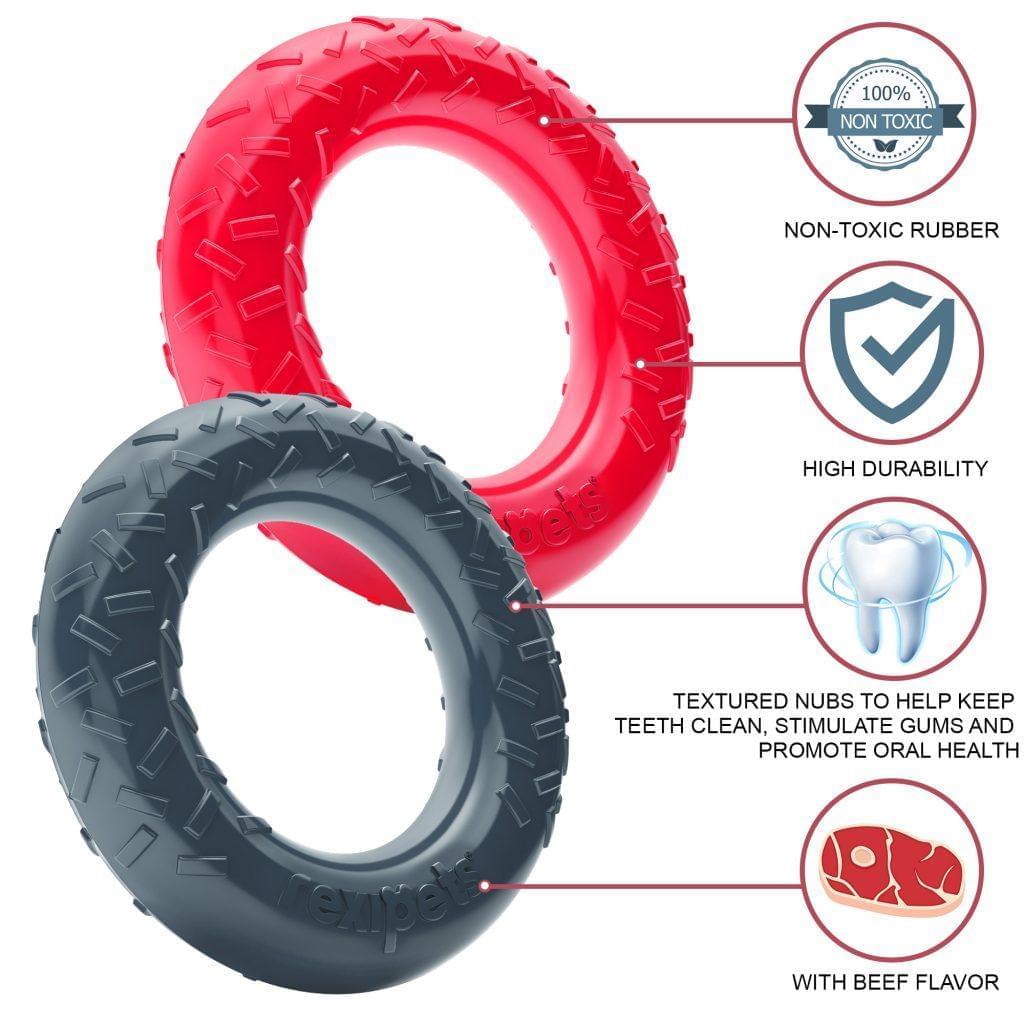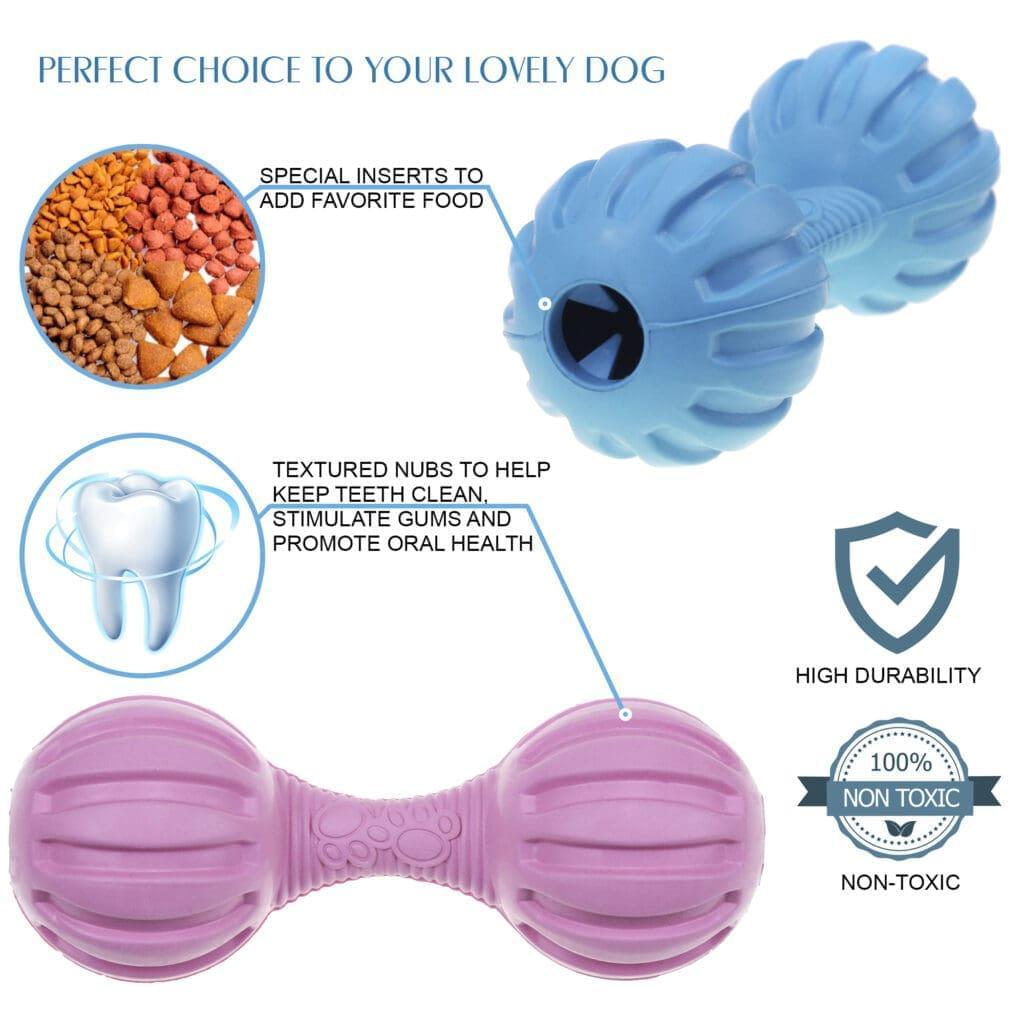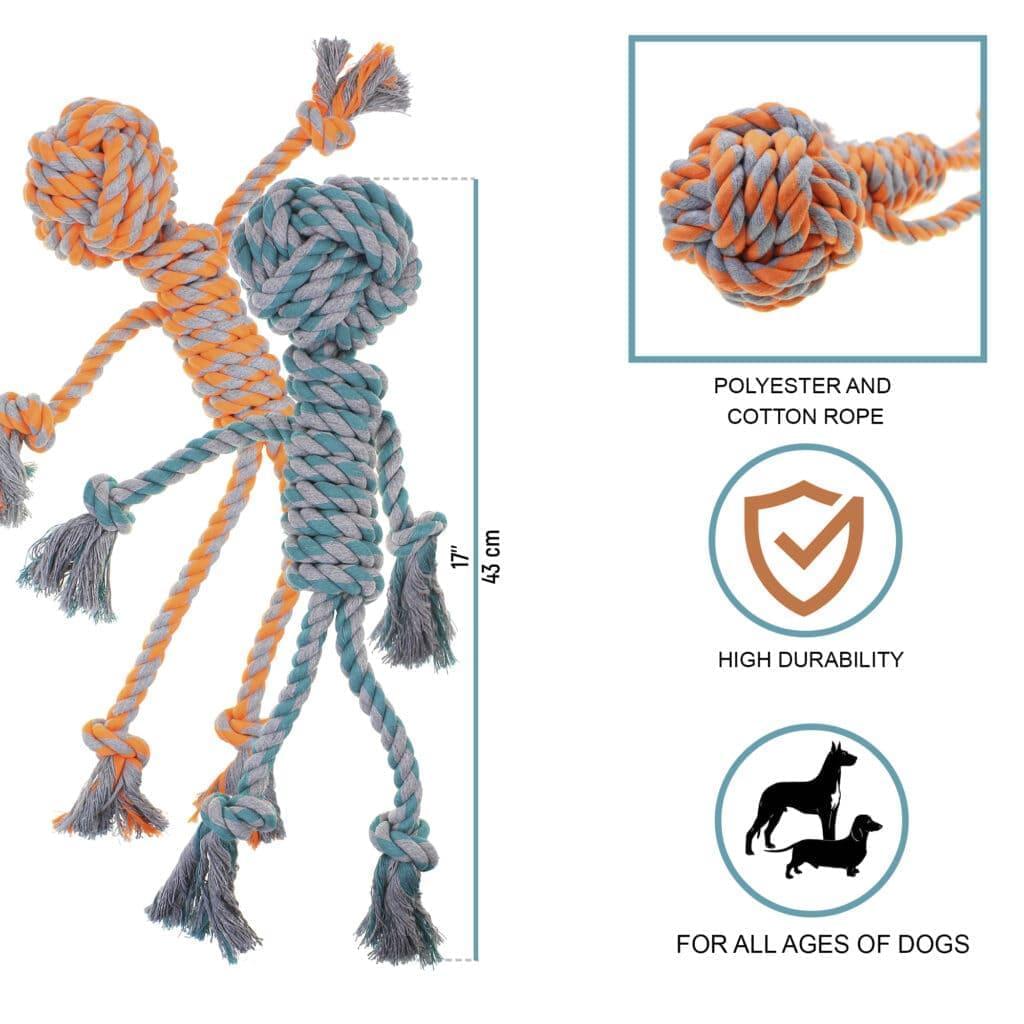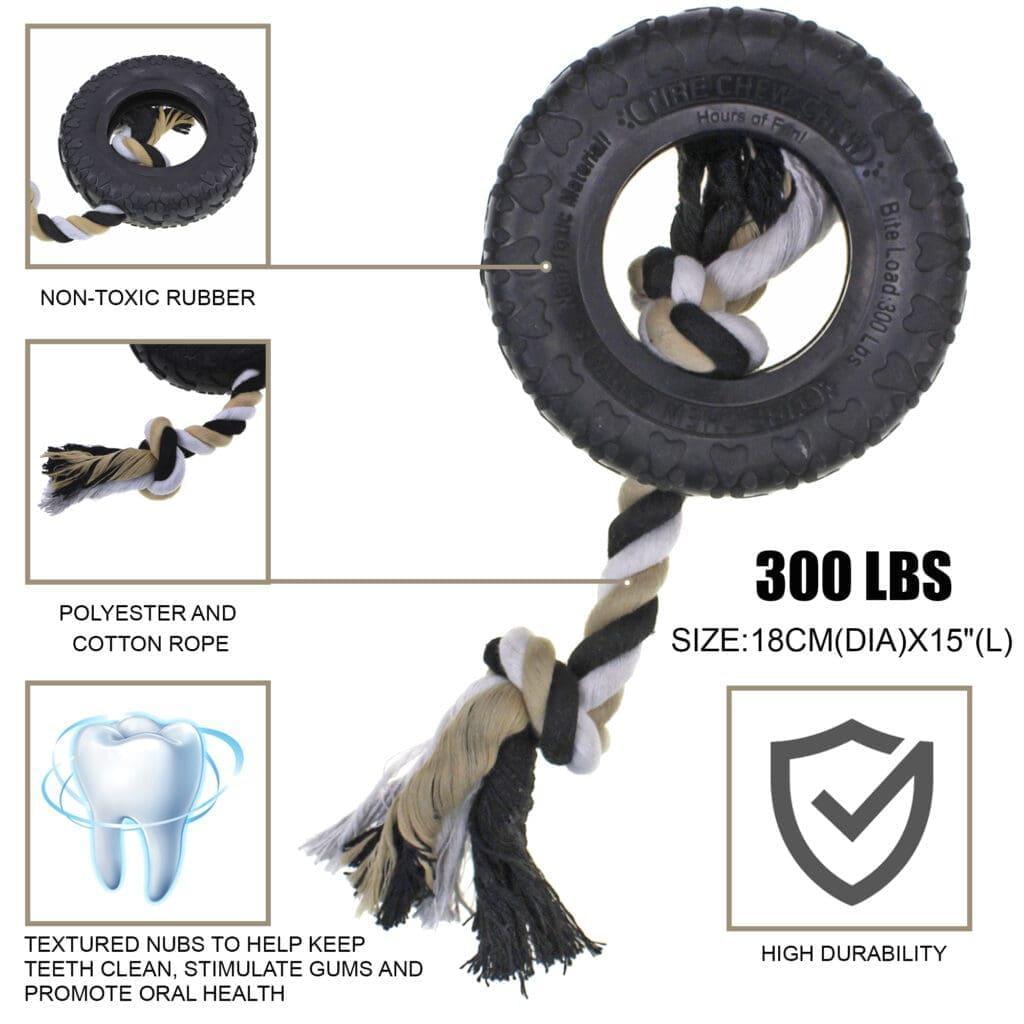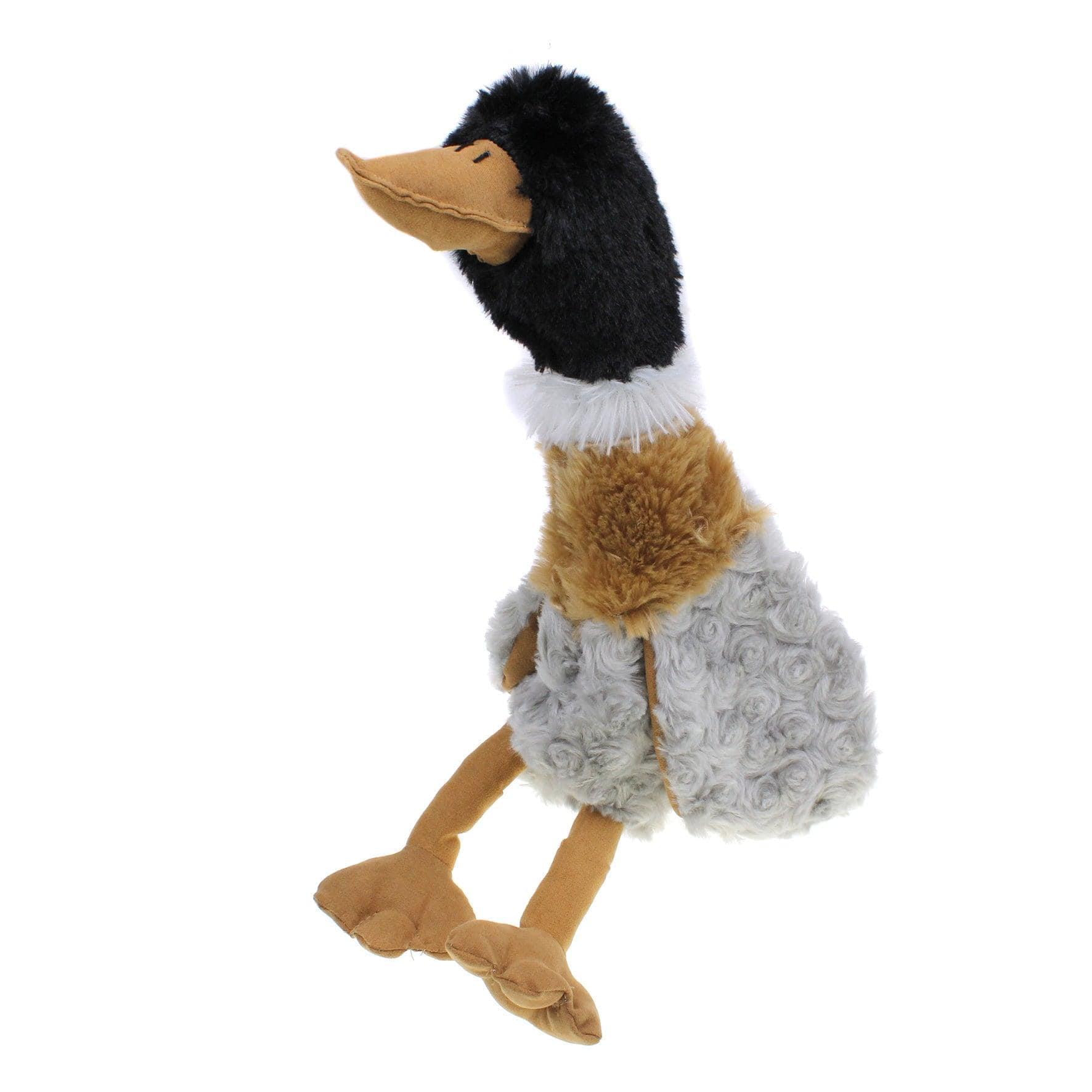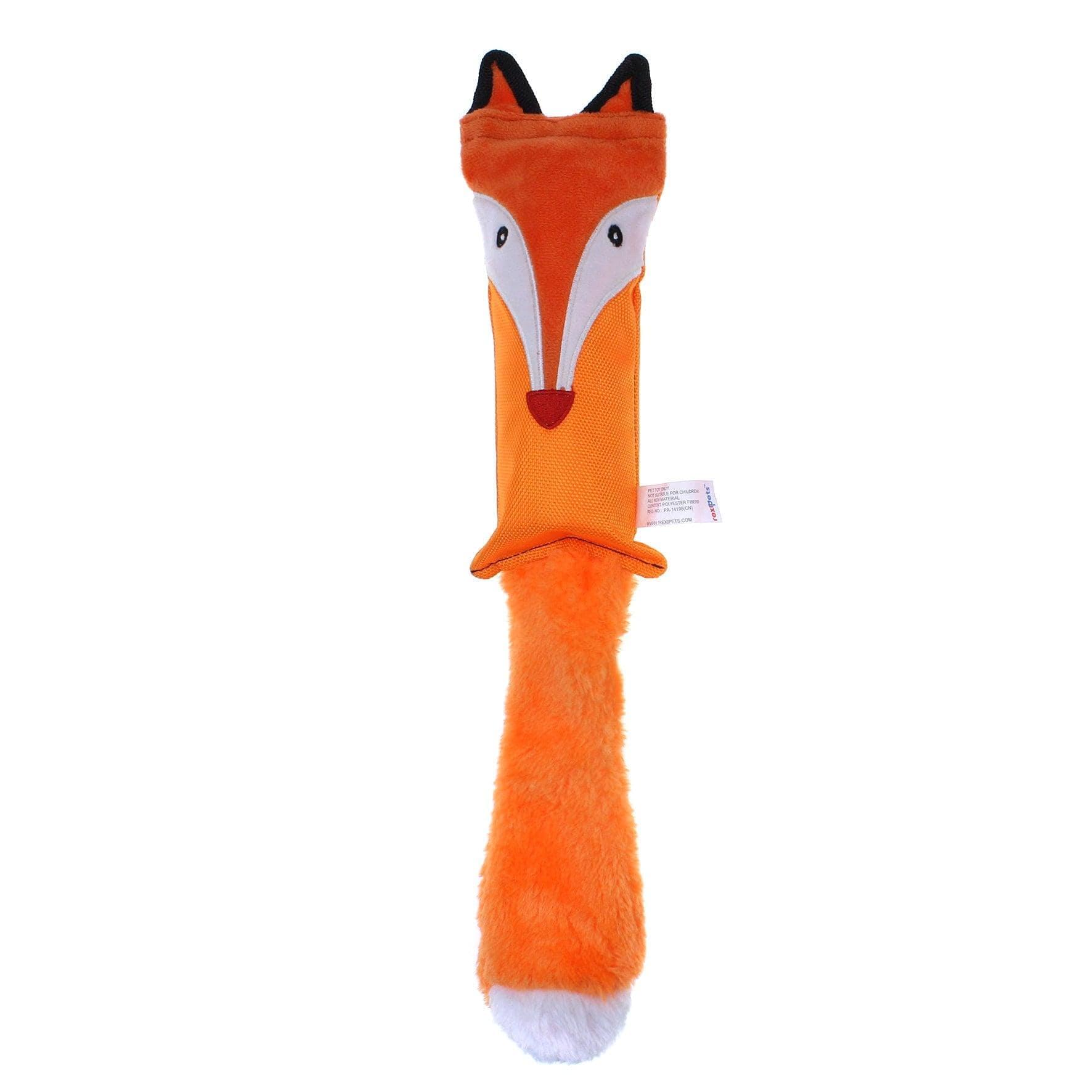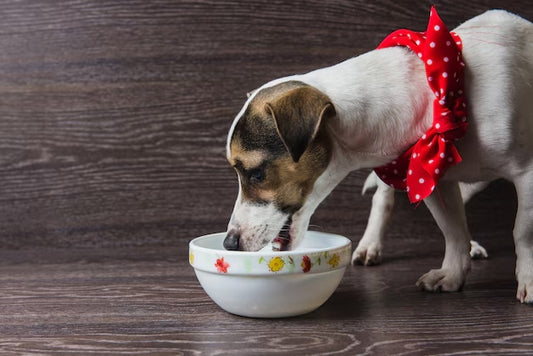Is your dog showing signs of potassium deficiency or urinary stones? Are you aware of the vital role potassium plays in your dog's health?
Just like humans, dogs need this essential mineral to support their muscle function, nerves, and overall health.
Ensuring your furry friend gets enough potassium can help keep their energy levels up, support their heart health, and keep them feeling their best. This is why today, we're going to discuss the 9 best food options for keeping your dog's potassium levels stable.
We'll also cover the recommended dosage, symptoms of potassium deficiency you need to look out for, and some of the causes of low potassium levels in dogs.
So, hang in there and let us take you through the world of potassium for dogs.
Is Potassium Good for Dogs?
Did you know potassium is a crucial electrolyte for dogs, playing multiple essential roles in their bodies?
There are different types of potassium such as potassium gluconate, potassium sparing diuretics, potassium chloride, and potassium citrate. Potassium Gluconate and Potassium Chloride are two types your dog needs the most.
Even working with sodium potassium helps maintain the balance of fluids and electrolytes, making sure your pup stays hydrated and their blood pH levels remain stable.
Your dog can't even move without potassium! It's necessary for nerve impulses and both voluntary and involuntary muscle contractions, including keeping your dog's heart beating steadily. In short, potassium is not just good for your dog; it is absolutely vital for your furry friend's well-being!
Daily Recommended Dose of Potassium for Dogs
Healthy adult dogs' food should contain at least 0.6% potassium on a dry matter basis, which is what's left after all the moisture is removed from the dog food.
Dogs with very active lifestyles might require more potassium to meet their bodies' needs. In short, each dog's potassium needs can be different based on factors such as breed, age, and size.
9 Best Food Options Containing Potassium
Let's look at some of the best food options containing potassium for dogs:
-
Elk Antlers
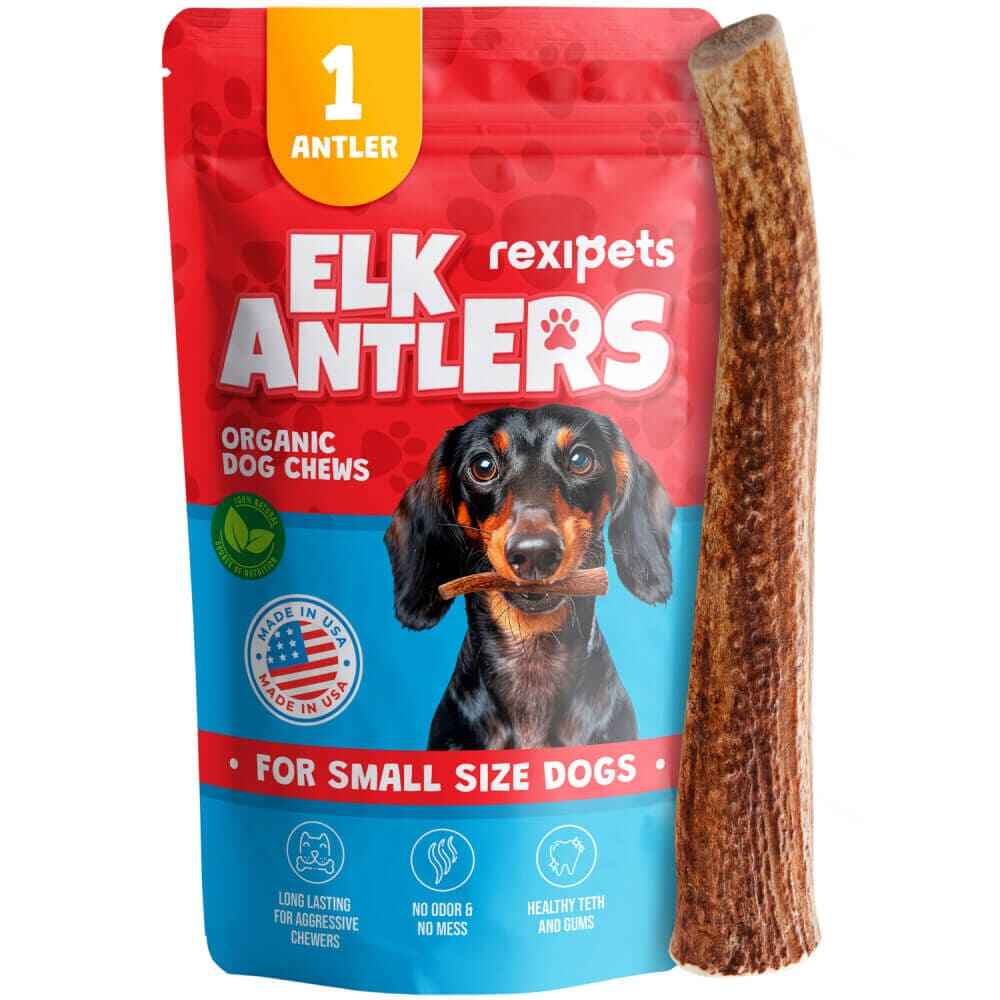
Elk antlers are a great source of potassium in dogs. When your dog chews on an elk antler, they don't just fulfil their natural need to chew, they also get to snack on the yummy bone marrow inside, which is rich in potassium and other essential minerals like glucose, iron, manganese, and zinc.
But here, it is extremely important to highlight the importance of choosing the right-sized elk antler for your dogs. This decision should be based on your dog’s size, breed, and, obviously, chewing habits.
At Rexipets, you can easily find elk antlers in different sizes, so make sure to get the one that suits your dog best! If you're confused between split vs whole antlers for dogs, consider your furry friend's size and breed.
-
Sweet potato
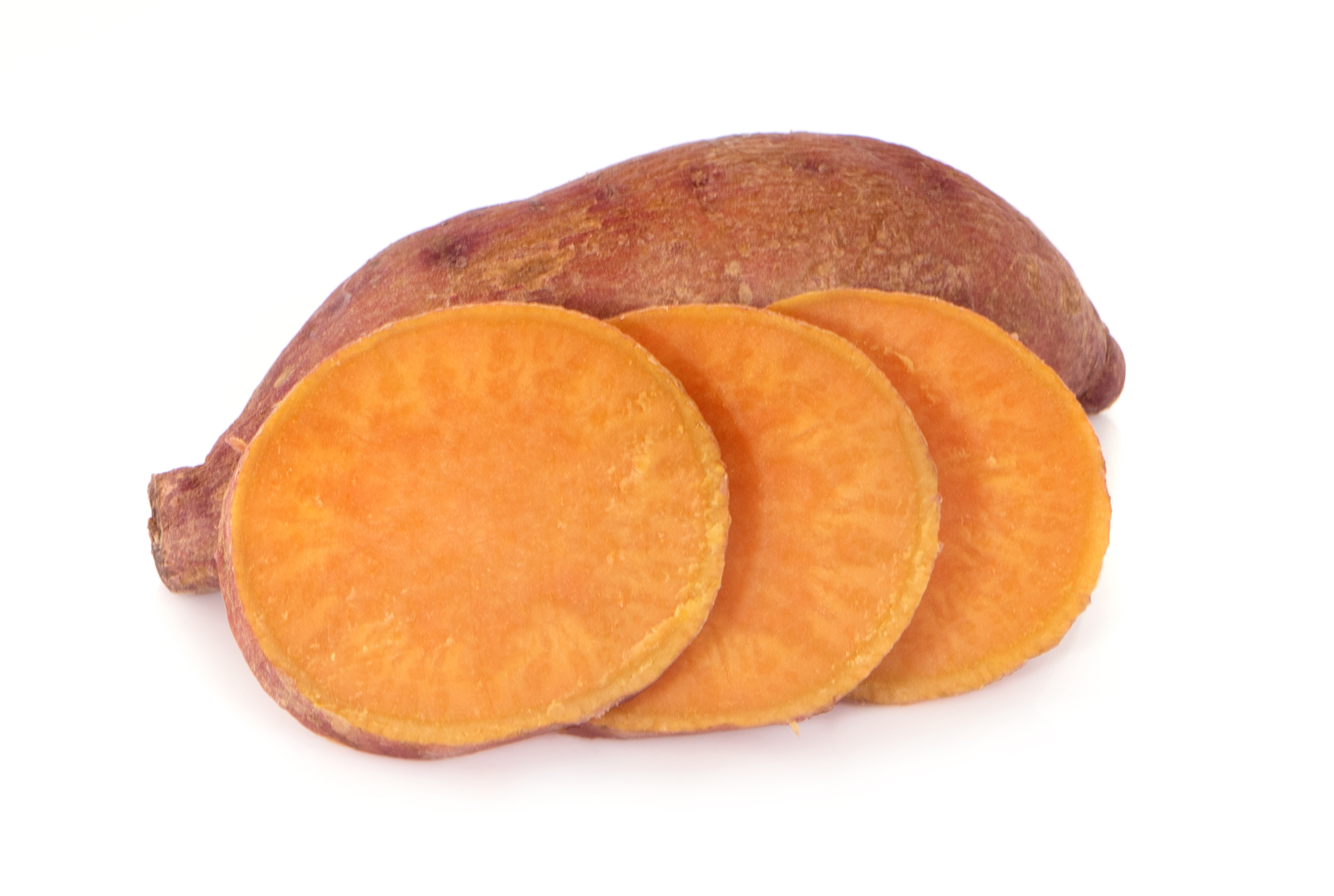
This root vegetable is a fantastic source of potassium and is loaded with dietary fiber, which helps keep your dog's digestive system running smoothly.
But that's not all—sweet potatoes are also low in fat and high in vitamins. They're rich in vitamin A, which is crucial for maintaining healthy eyes, muscles, nerves, and skin.
Plus, they're packed with vitamin C, which is vital for boosting your dog's immune system.
-
Salmon
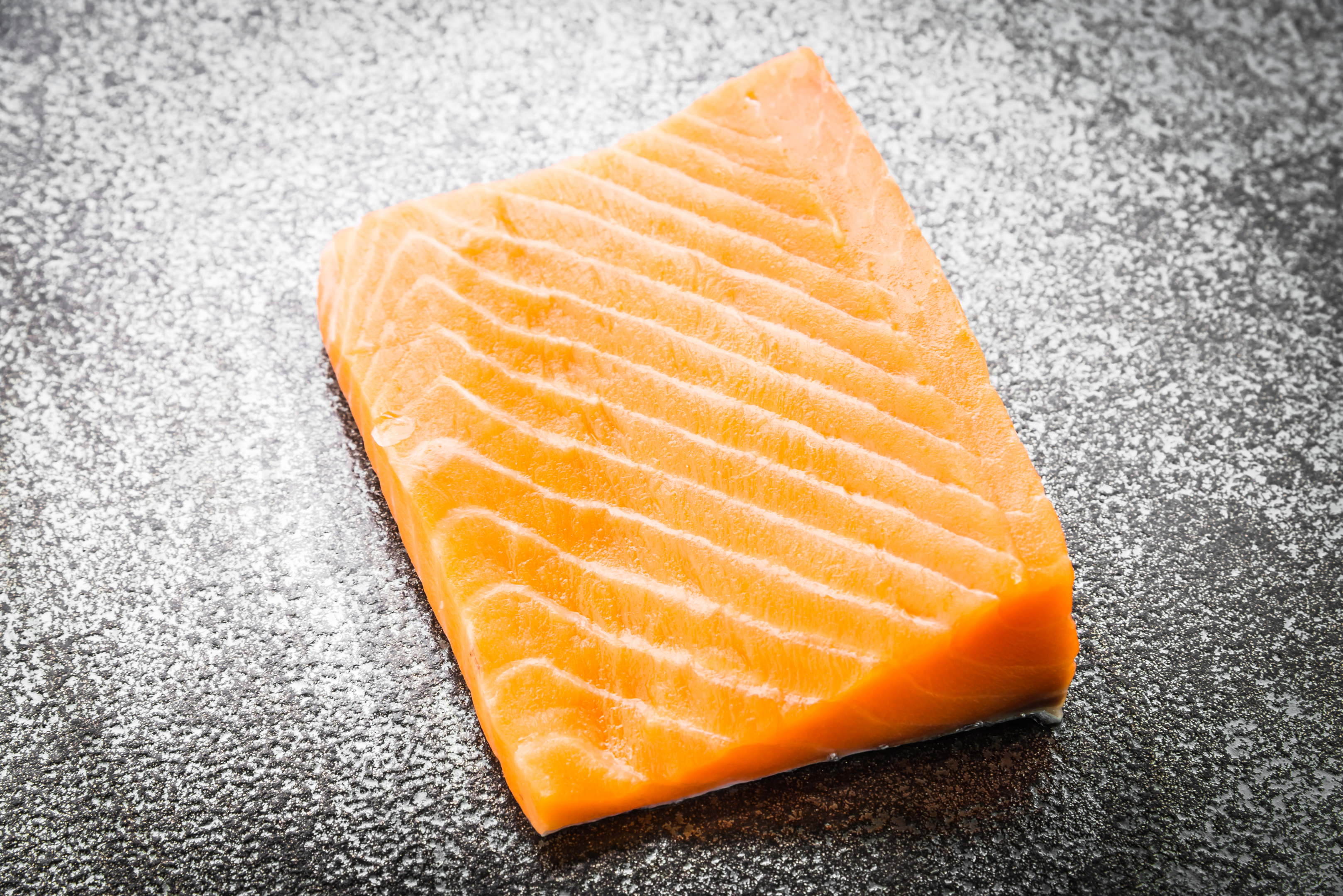
Salmon is a fantastic source of potassium for your dog and also provides plenty of protein to keep them energetic and healthy. Many high-quality kibbles include salmon, offering you a source of potassium for your everyday potassium needs.
But there's more—salmon is packed with omega-3 fatty acids, which are great for your pup.
-
Bananas
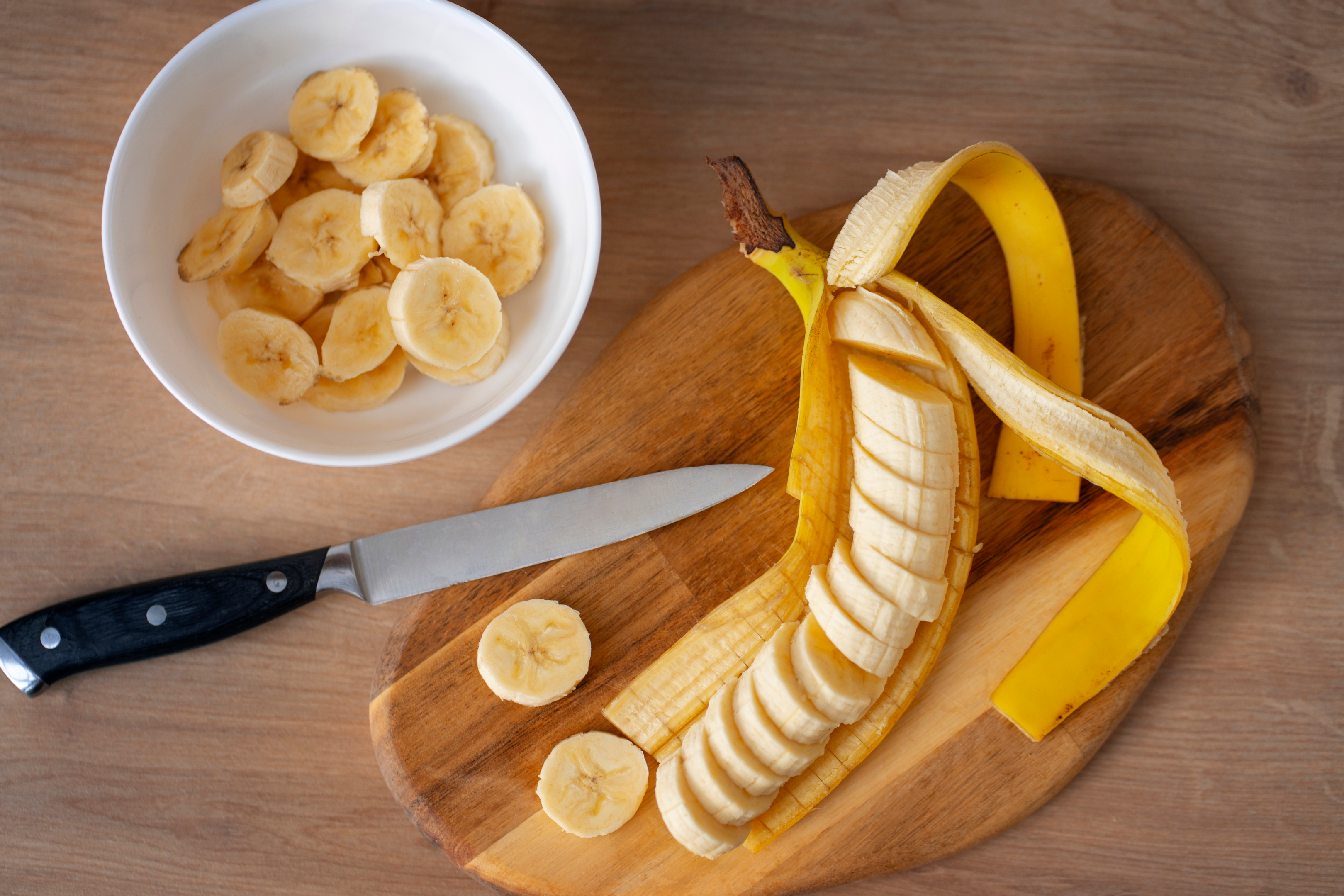
Bananas are a good source of potassium, and a huge plus about them is that they are easy to mix into your dog's treats. They also provide vitamin C and B6, making them a healthier alternative to fatty or salty dog treats. Plus, bananas are packed with fiber, which is good for your dog's digestive health, and magnesium, which aids in their growth and nutrient absorption.
However, here it is important to note that bananas do contain high amounts of sugar. When fed in moderation, they shouldn't cause any issues for your dog. But if your pup gets too many bananas, they might experience some stomach issues.
-
Clams

Clams are a fantastic way to give your dog an occasional boost of much-needed potassium, along with protein and omega-3 fatty acids. These shellfish are packed with essential minerals like zinc, magnesium, and iron, which can support your dog's joint health and increase their energy levels.
However, clams need a bit of extra effort to prepare. These need to be cooked and shelled before serving them to your pup. But the health benefits they offer make it worth the effort!
-
Spinach
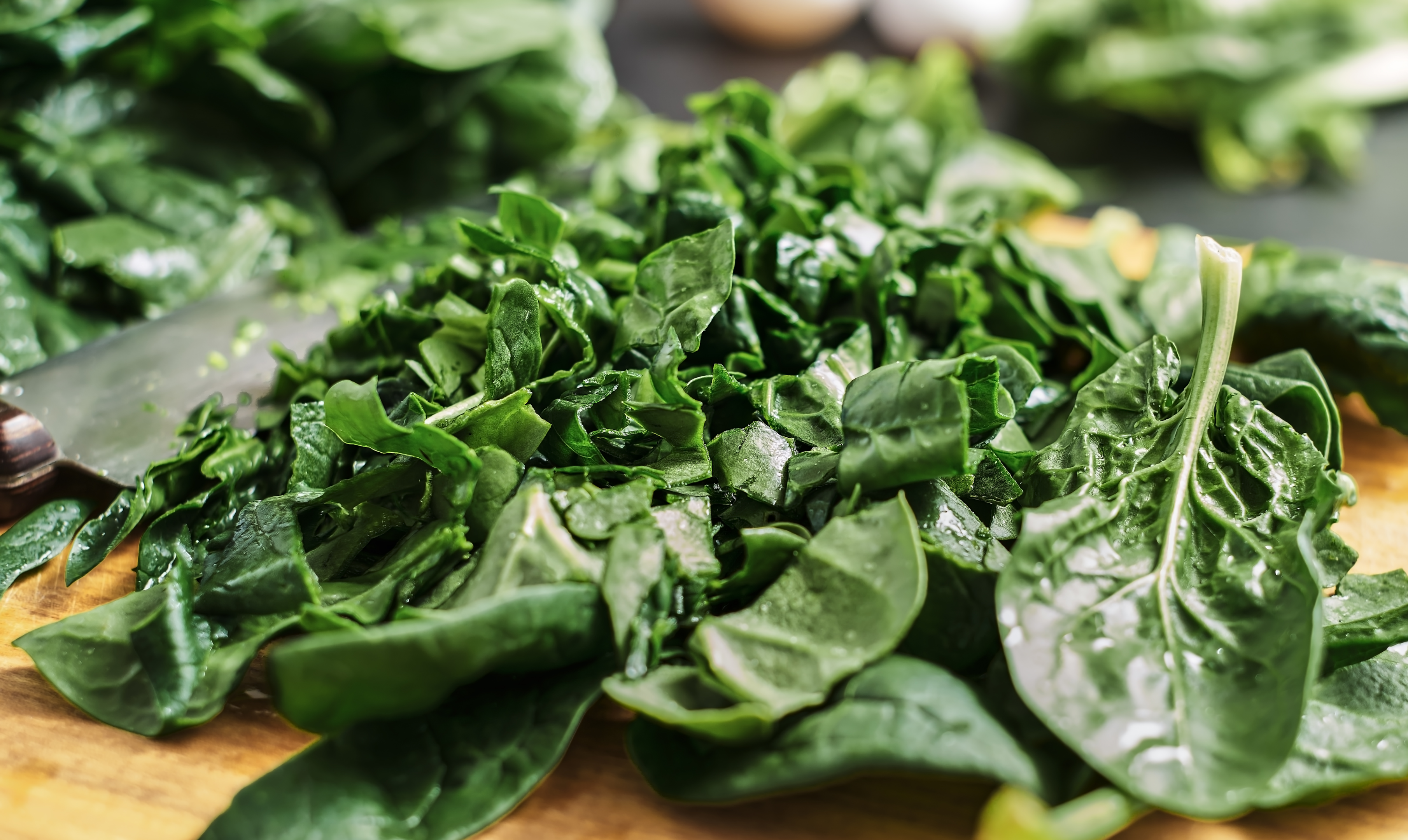
Spinach is packed with potassium and offers numerous other benefits, but it can be a somewhat controversial ingredient in dog food.
Let's start with the positives—aside from being a prominent potassium source, spinach is also rich in vitamins A, B, C, and K. It's also high in iron, beta-carotene, and antioxidants and contains roughage that helps stimulate your dog's digestive tract.
However, there's a downside: spinach is high in oxalic acid. Excessive oxalic acid can really mess with your dog's ability to absorb calcium properly. Over time, this can lead to metabolic issues and other health issues due to low calcium levels in the blood.
Before adding spinach to your dog's diet, it's important to consult your veterinarian to make an informed decision.
-
Squash
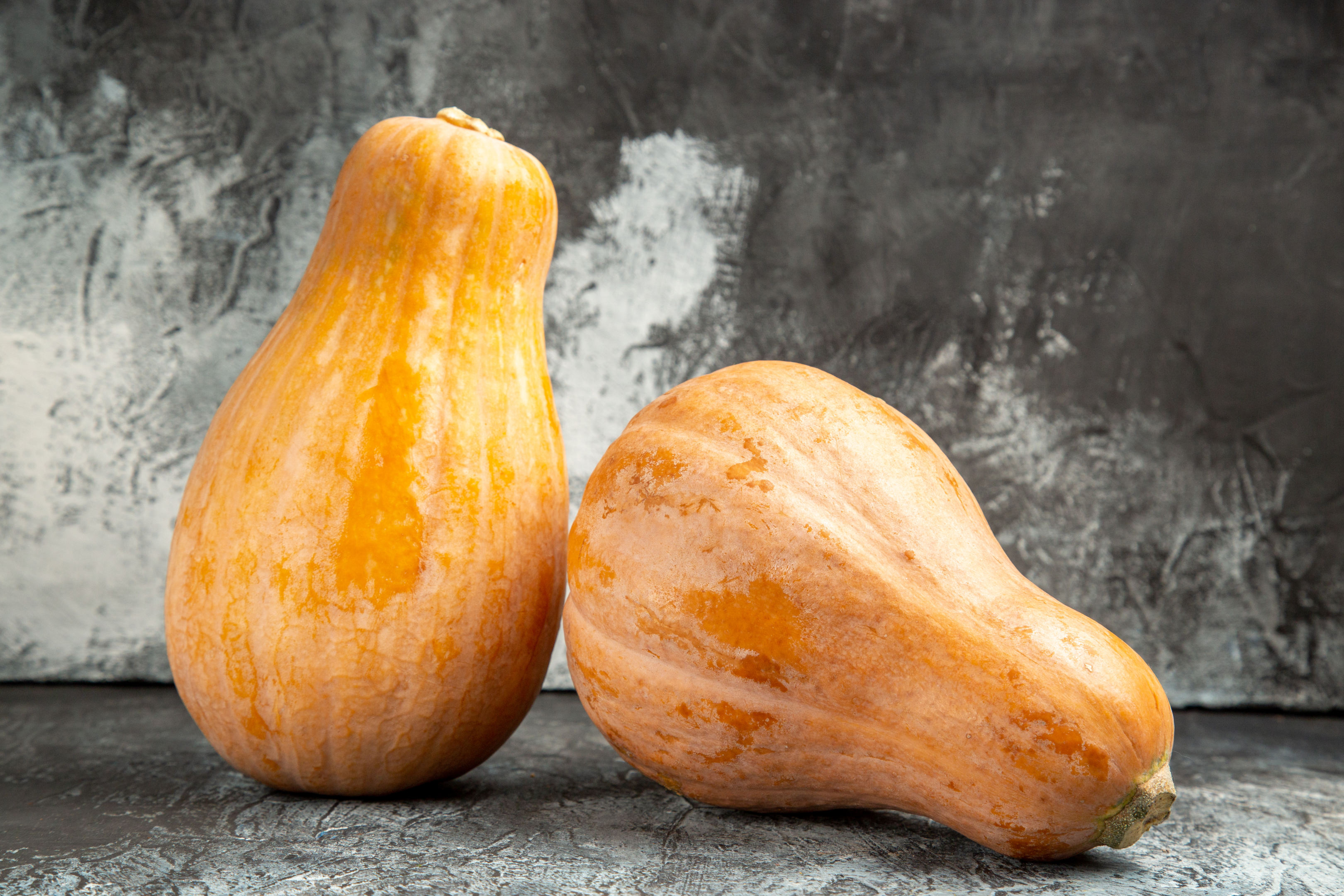
Squash is an excellent source of potassium. It is super rich in fiber, beta-carotene, and vitamin A, all of which contribute to your dog's digestive health, vision, and overall cell function.
You can serve squash on its own or mix it into your dog's regular food. It's also a great low-calorie treat for overweight dogs, helping them feel fuller without adding extra pounds.
-
Apples
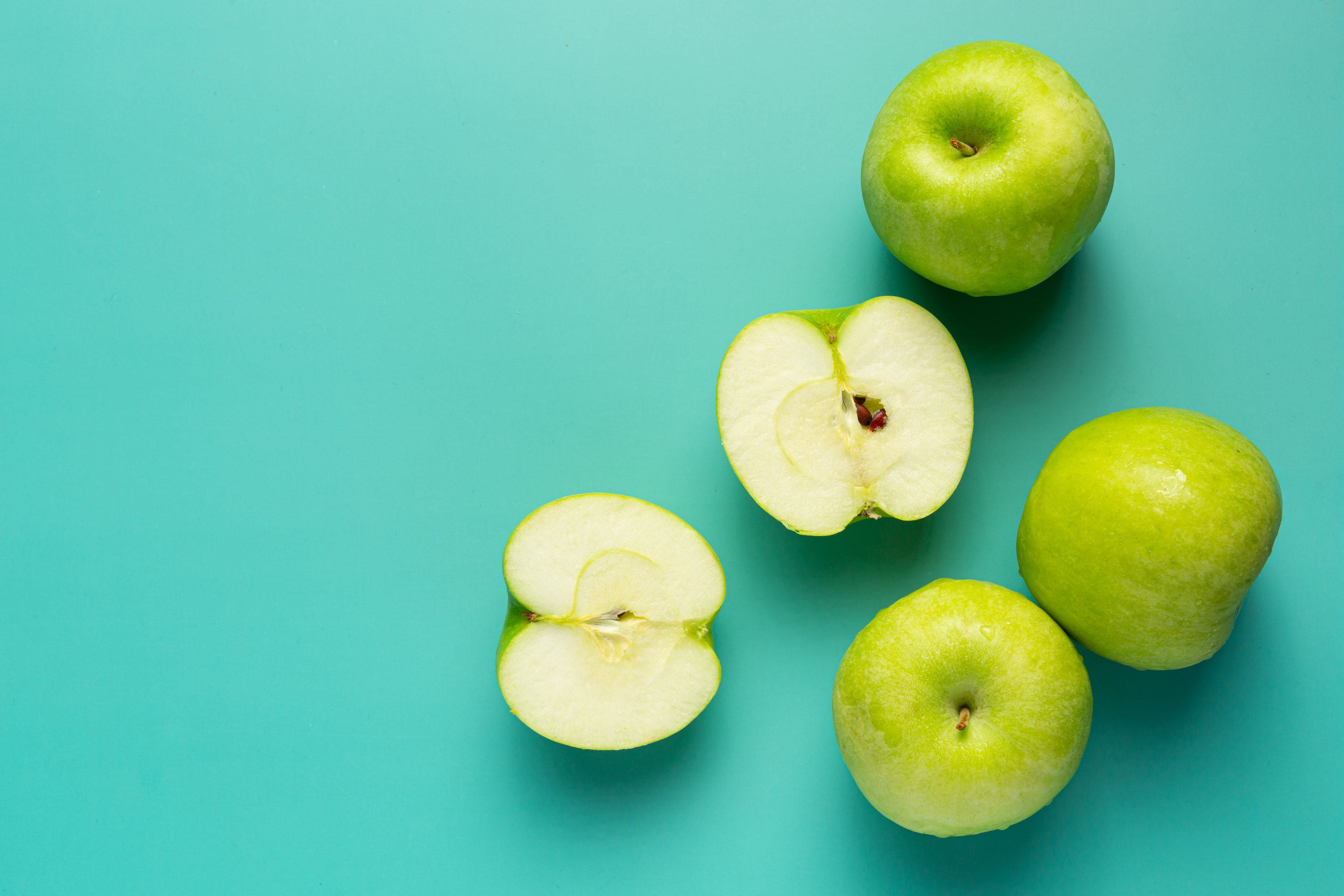
Apples are not just yum; they are also an amazing source of potassium and vitamins A and C. That's not all; they're also packed with fiber. These are also low in fat, making them an excellent option for diet treats.
But just to be safe, make sure to remove the core that has the seeds before giving an apple to your dog, because the core isn't safe for them to eat. So, what are you waiting for? Give apples a try and see how much your dog enjoys this healthy snack!
-
Mango
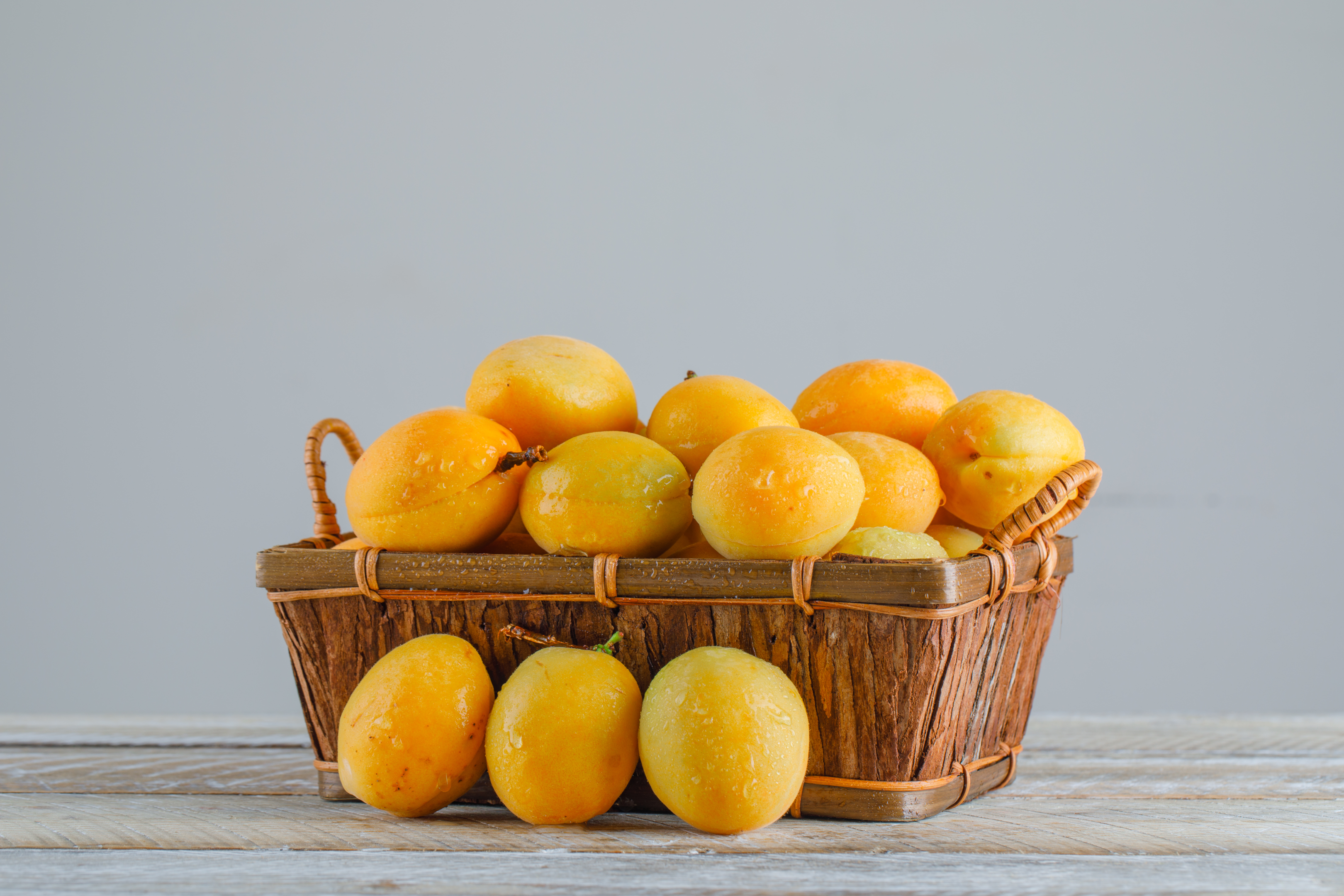
Mangoes make a wonderful choice when your dog needs some extra digestive support, all thanks to their potassium and fibre content. They also provide a healthy dose of vitamins A, B6, C, and E.
Since mangoes have a really high sugar content, be sure to give them to your pet in moderation. Your pup will absolutely love this tasty treat, and it'll also be a fun little break from the boring dog food.
Symptoms of Potassium Deficiency in Dogs?
Hypokalemia is a condition indicated by low blood potassium and poses a serious threat to dogs. Symptoms of low potassium or hypokalemia in dogs can include:
- Diarrhea
- Difficulty breathing
- Increased urine output
- Excessive thirst
- Acute dehydration
- Reduced appetite
- Lethargy
- Muscle cramps
- Weakness
- Nausea
Veterinarians can diagnose hypokalemia through a series of blood tests, but as responsible pet parents, look out for these symptoms in your dog. If you see any of these symptoms, seek veterinary help ASAP to fix the underlying cause and prevent further complications. Your veterinarian may prescribe a potassium supplement for your dog to combat this issue.
Causes of Low Potassium
Chronic kidney failure is the leading cause of hypokalemia. However, any kidney disease like kidney stones, severe vomiting or diarrhea can also cause low potassium levels.
Treatments like dialysis can also lead to potassium loss from the body. Other than that there are certain medications like diuretics, which increase peeing and can also cause low potassium levels. Other medications or treatments that might mess with potassium levels include some antibiotics, glucose treatments, and insulin.
Moreover, other factors which can also cause hypokalemia in dogs include conditions like diabetes mellitus, diarrhea, the use of diuretics, receiving IV fluid therapy with low-potassium fluids, and malnutrition, but these are less common cases.
It's extremely important to be aware of these potential causes along with the symptoms of low potassium for dogs so you can get potassium supplements and other recommeneded treatments to address this issue.
Final Words

Potassium is a vital element for your dog, and making sure your beloved furry friend gets enough potassium is important for its overall health and well-being. Simple interventions like including potassium-rich foods in their diet can help support their muscles, heart, digestion, and immune system.
From bananas to clams, there is a range of nutritious out there to boost your dog's potassium intake.
While giving your dog all these potassium-rich foods, keep an eye out for symptoms of low potassium, and consult with your veterinarian about your dog's dietary needs, any potassium supplement, and any concerns regarding potassium levels.
Understanding the importance of potassium and making well-informed choices about your dog's diet is a very important course of action for pet parents.
